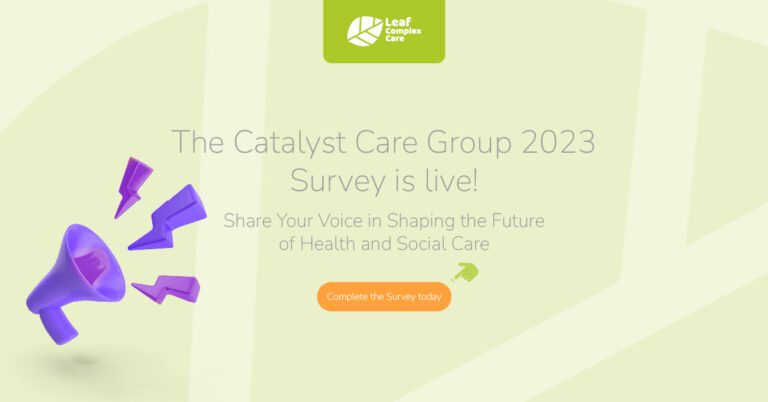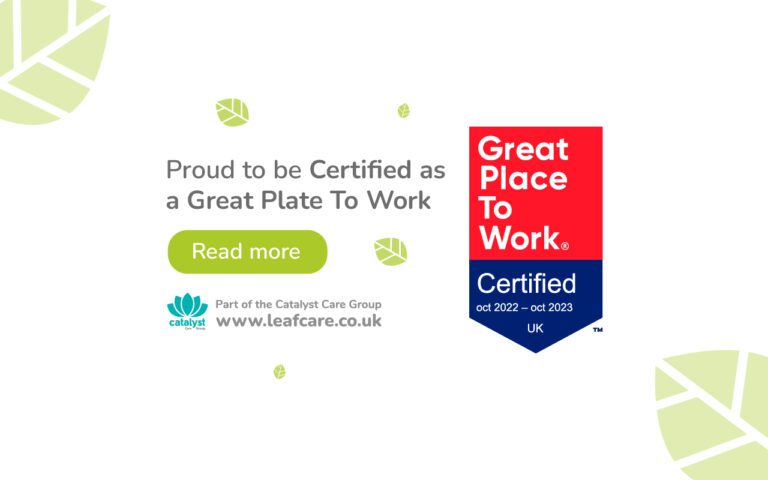Read more about our tailored complex care services and the latest news on healthcare practices.
Stay informed!

‘In the Heart of Care‘ is a blog series where our therapy team shares proactive support and personalised tools that encourage people’s journeys forward.
Experience a fresh and unique viewpoint and join us in discovering what compassionate support and person-centred care truly mean.




















Call us if you know someone with complex care needs that are a risk to themselves or others or have noticed rapidly escalating behaviours.

Leaf Complex Care is part of the Catalyst Care Group, which provides comprehensive services from renowned experts with one goal in mind: ”To improve care for the better”
We are available at all times. We make the difference with our 2-hour turnaround guarantee. 365 days a year, 24 hours a day, 7 days a week